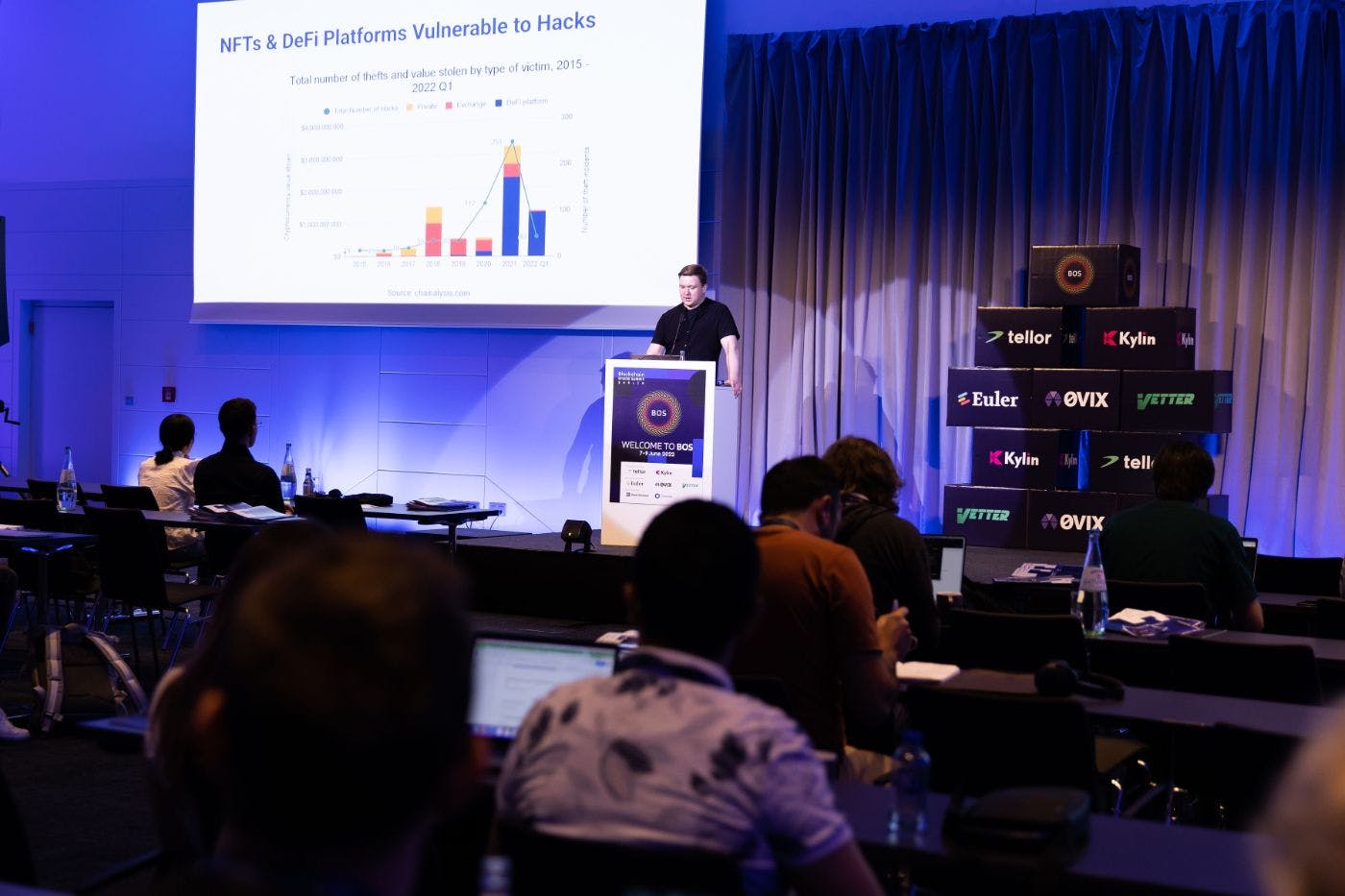842 reads
Chainproof CEO on Scaling DeFi Insurance Claims with Blockchain Oracles
by
November 7th, 2022
Audio Presented by

The Blockchain Oracle Summit is the only event in the world to focus solely oracles.
About Author
The Blockchain Oracle Summit is the only event in the world to focus solely oracles.
